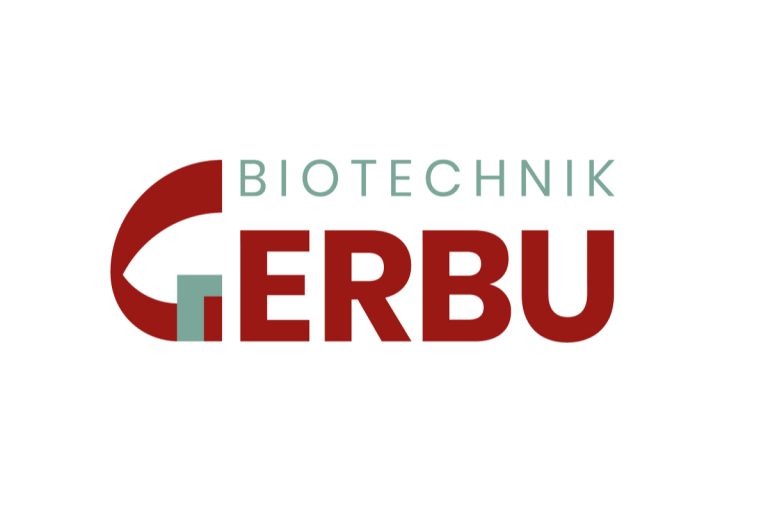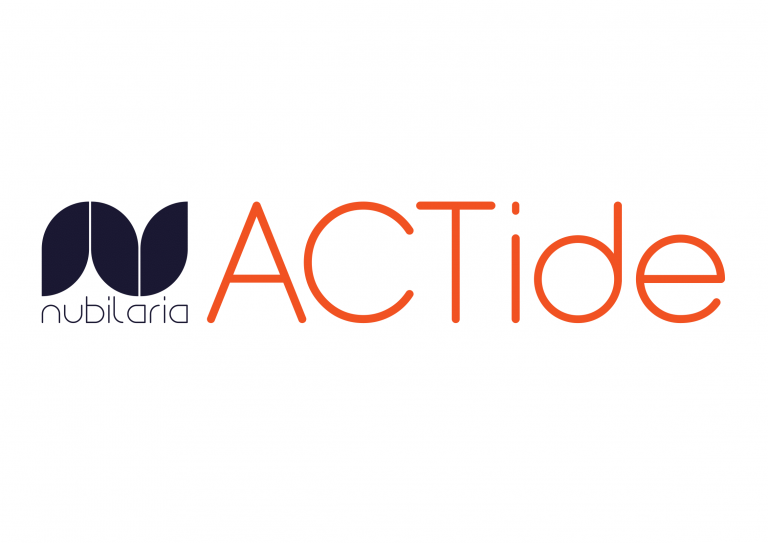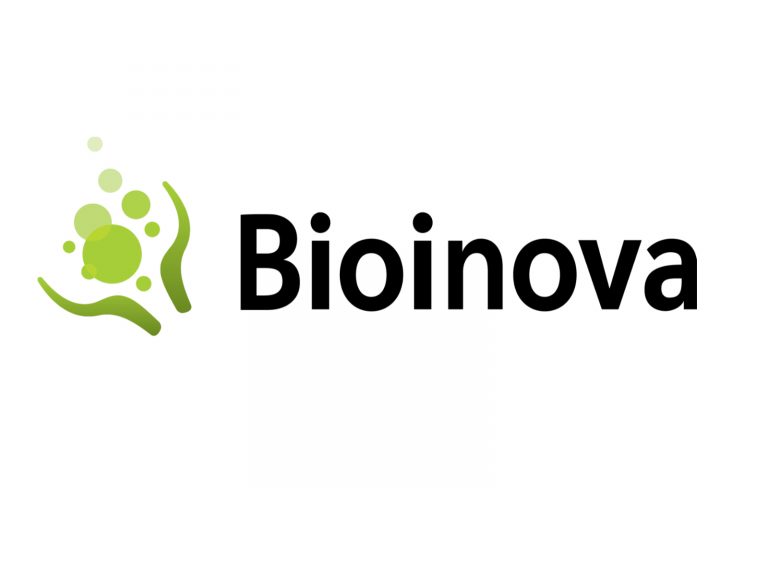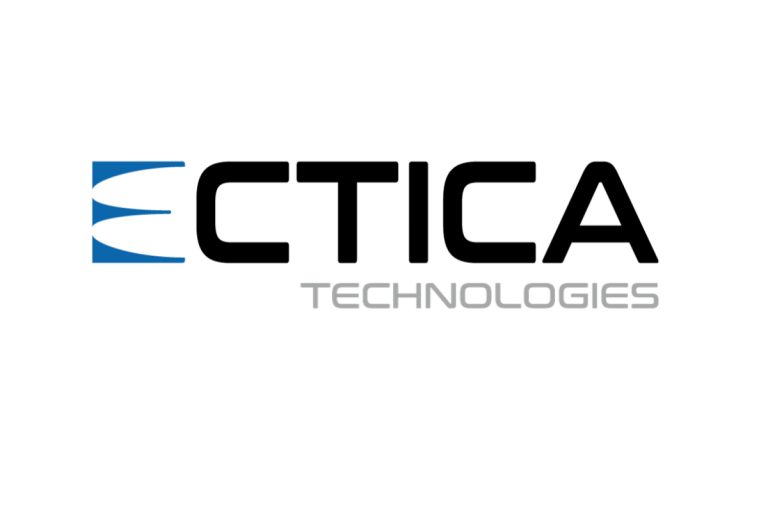Genentech’s Investigational Antibody Wins BTD for Alzheimer’s Treatment
Genentech’s investigational antibody for the treatment of early-stage Alzheimer’s disease, Gantenerumab, has been granted Breakthrough Therapy Designation by the U.S. Food and Drug Administration (FDA).
The first and only anti-amyloid antibody investigated in late-stage trials for Alzheimer’s disease treatment
Genentech, part of the Roche Group, announced that Gantenerumab, an anti-amyloid beta antibody designed for subcutaneous administration for the treatment of individuals in the early -stages of Alzheimer’s disease (AD) was granted Breakthrough Therapy Designation by the FDA. Gantenerumab is the first and only anti-amyloid antibody being investigated for subcutaneous administration in late-stage trials for the treatment of AD
The authorisation has been established on comprehensive data from the current SCarlet RoAD and Marguerite RoAD open-label extension trials, as well as other studies, which have confirmed that gantenerumab dramatically reduced brain amyloid plaque, a pathological characteristic of AD.
GRADUATE 1 and 2 are two ongoing parallel, worldwide, placebo-controlled, and randomized Phase III trials in which the findings from the SCarlet RoAD and Marguerite RoAD studies have been included to optimise their design. The pivotal studies, which are anticipated to be completed in the second half of 2022, are assessing gantenerumab in over 2,000 individuals.
Levi Garraway, M.D., Ph.D., chief medical officer and head of Global Product Development said:
“For more than a decade, we’ve been committed to advancing the science of Alzheimer’s as well as our investigational medicine gantenerumab, and we look forward to delivering a comprehensive and robust data set that furthers our collective understanding of this devastating disease. This Breakthrough Therapy Designation reinforces our confidence in gantenerumab, which would be the first subcutaneous medicine for the treatment of Alzheimer’s disease with the potential for at-home administration.”
Breakthrough Therapy Designation is dedicated to expediting the development and authorisation of medications targeted to treat serious or life-threatening diseases, showing early evidence that they may deliver a significant improvement versus already fully approved treatments. Gantenerumab has been designated as the 39th Breakthrough Therapy in Genentech’s portfolio of medications.
About Alzheimer’s disease (AD)
Alzheimer’s disease (AD) is a progressive neurologic disorder that causes progressive deterioration of memory, language, and other thinking abilities, as well as mood and behavioral disorders. It’s thought that biological changes in the brain begin decades before clinical signs of Alzheimer’s appear. Alzheimer’s disease is the most prevalent kind of dementia, affecting about 55 million people globally and expected to grow to 78 million by 2030.
It’s a significant and rising public health challenge that’s expected to cost the global economy $20 trillion over the next decade, or $2.8 trillion each year in the United States by 2030. Every year, around 10 million people are diagnosed with Alzheimer’s disease. Taking into consideration the medical and sociological complexity of Alzheimer’s disease, numerous tools and treatment choices will almost certainly be necessary to meet the disease’s many and varied requirements.
Genentech is devoted to researching a variety of methods and compounds that might help to target critical pathways in Alzheimer’s disease, such as amyloid beta and tau, as well as novel tools to facilitate physicians to diagnose and track its development.
About gantenerumab and its clinical program
Gantenerumab is an experimental IgG1 antibody targeted to bind to aggregated forms of amyloid beta dissolving amyloid plaques formed in the brain which are considered a pathological marker of Alzheimer’s disease. In the SCarlet RoAD and Marguerite RoAD open-label extension studies (OLEs), gantenerumab dramatically reduced brain amyloid plaques in individuals with sporadic AD, and in the DIAN-TU-001 trial, as well as in considerably decreased brain amyloid plaques in patients with dominantly hereditary AD.
The pivotal GRADUATE trials are focused on the effects of gantenerumab on amyloid load and downstream biomarkers of disease progression, as well as the drug’s safety and efficiency in persons with early (prodromal-to-mild) AD. The studies are taking place globally in 350 research sites located in 30 countries and involve 2000 participants assessing a monthly target dosage of 1,020 mg with an optimized titration. Moreover in order to identify a potential therapeutic effect faster the level of exposure was optimised through minimising dose interruption during the trial term. Both studies are scheduled to deliver results in the second half of 2022.
Recommended Companies
Ad
More Headlines










